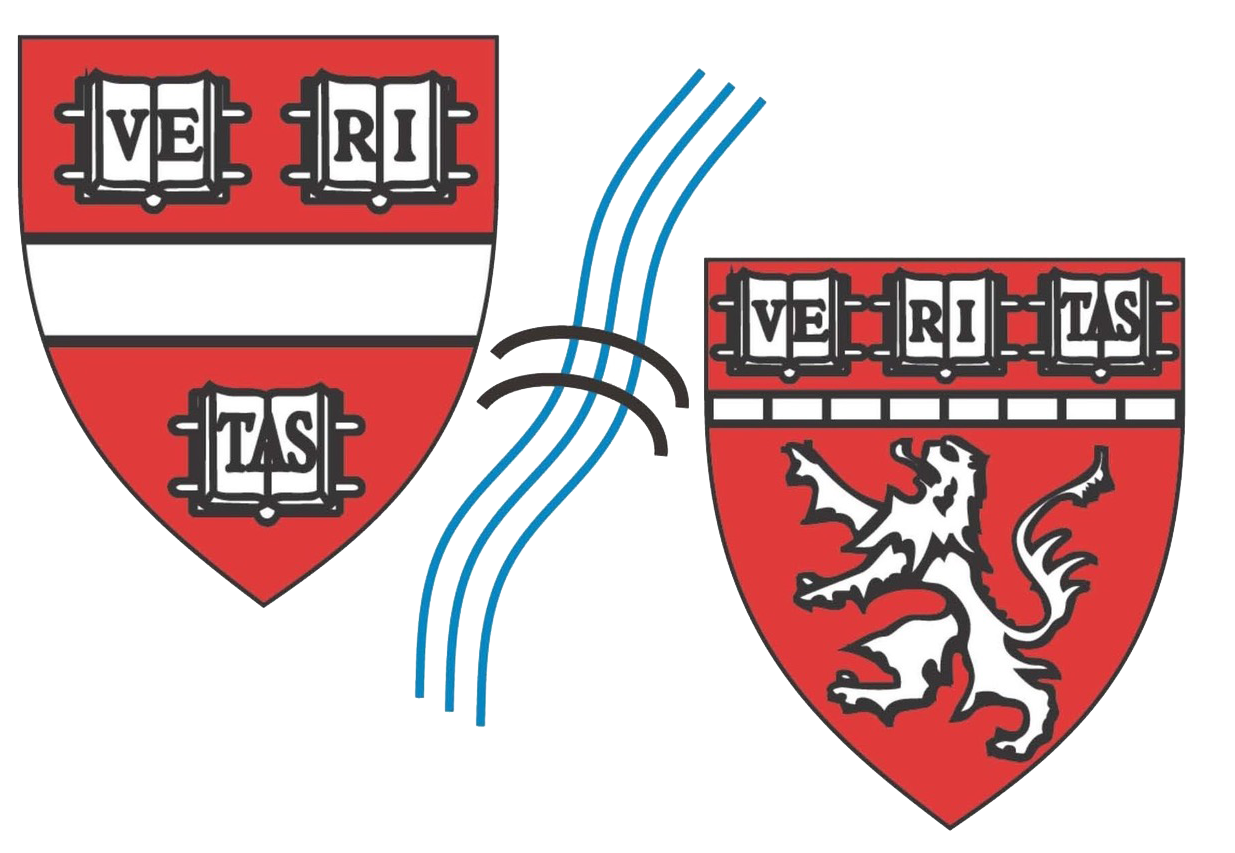Ying Lu, Ph.D.
Department of Systems Biology, Harvard Medical School

Our proteome is shaped by transcription/translation, as much as by protein degradation. The latter, sometimes even leading to hereditary changes of cell physiology, must be employed as an independent variable in characterizing global cellular states. The broad aim that I am pursuing is to integrate knowledge and technology in multiple disciplines to evolve novel methodology and target fundamental questions in biology. To understand protein degradation as a basic process as well as its roles in human diseases, my lab in the department of systems biology at HMS is actively pursuing the following directions:
How the protein degradation machinery works: The complex ubiquitin patterns formed by more than 600 ubiquitin conjugating systems on substrate proteins dictate the effects of this modification, also termed the “ubiquitin code” which must be read by the proteasome and converted to the rate of substrate degradation. The 26S proteasome is a 2.6MDa protein machine responsible for ubiquitin-mediated degradation in all eukaryotic cells. How the proteasome selects its targets based on ubiquitin code, and progressively engages the targets into an irreversible translocation and degradation process is unclear. We pioneered a single-molecule method to study the sequential events in the degradation cascade, and used cryo-electron microscopy to resolve the first high-resolution structure of human proteasome in multiple conformations. The current focus of the lab is to explore “systems structural biology” to extract dynamical information from structural ensembles, in conjunction with coarse-graining molecular dynamic simulation and single-molecule FRET analysis to understand the intricate motions of proteasome and their importance in protein degradation. We are also developing method to engineer arbitrary ubiquitin configurations to study how the ubiquitin code is recognized by the proteasome
How selective protein degradation shapes our proteome: The steady-state concentration of proteins is determined by both the rate of synthesis and degradation. The lack of methods to efficiently characterize the degradome and the global state of the ubiquitin-proteasome system has greatly hampered our understanding of a large number of biological processes regulated through degradation. I have pioneered two methods to explore the systems biology of protein degradation. I invented a targeted-proteomic method called the “proteasome trap” and quantitative chromatography methods to characterize the cellular degradome by mass spectrometry. Currently, we are trying to further establish these methods to understand the ubiquitin “encoding-decoding” process in physiological contexts, and how the peptides generated from protein degradation are selected and presented to the immune system.
Neurodegenerative diseases: Dynamic regulation of protein abundance, namely those controlling cell division cycles and differentiation, and protein homeostasis maintaining physiological functions of somatic cells often succumb to misregulation of protein degradation leading to a variety of diseases, such as cancer and neurodegeneration. A direction in the lab is to understand how malfunction of the degradation machinery leads to motor neuron degeneration and ALS diseases using a combination of advanced optical microscopy and biochemistry.
Selected publications:
Ying Lu, Byung-hoon Lee, Randall King, Daniel Finley and Marc W. Kirschner (2015). Substrate Degradation by the Proteasome: A Single-Molecule Kinetic Analysis. Science, 348:1250834.
Ying Lu, Weiping Wang, and Marc W. Kirschner (2015). Specificity of the Anaphase-Promoting Complex: A Single-Molecule Study. Science 348:1248737.
Ying Lu*, Jiayi Wu*, Yuanchen Dong, Shuobing Chen, Shuangwu Sun, Yong-Bei Ma, Qi Ouyang, Daniel Finley, Marc W. Kirschner, Youdong Mao (2017). Conformational Landscape of the p28-bound Human Proteasome Regulatory Particle. Molecular Cell Jun 26; S1097-2765(17). *equal contribution
Shuobing Chen*, Jiayi Wu*, Ying Lu*, Yong-Bei Ma, Byung-hoon Lee, Zhou Yu, Qi Ouyang, Daniel Finley, Marc W. Kirschner, Youdong Mao (2016). Structural Basis for Dynamic Regulation of the Human 26S Proteasome. PNAS Nov. 15; 113(46): 12991-12996. *equal contribution
Ying Lu, Frederick Cross (2010). Periodic Cyclin-Cdk Activity Entrains an Autonomous Cdc14 Release Oscillator. Cell 141(2):268-79.
Contact Information
210 Longwood Avenue
Boston, MA 02115
